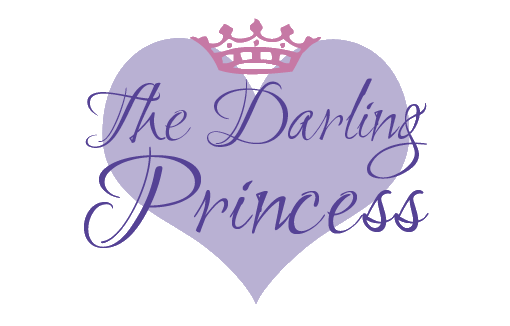A Blank Page
In the debate of nature versus nurture, I have heard it said that there is a “blank slate” theory that basically espouses that humans are born like a blank slate, of no more intelligence or personality than that of a slab of grey rock. This theory continues to pronounce that people are the sum of their exposure and specific environmental conditioning.
This is so true of a blank page before a writer. The imagination of a writer brought to the page can become a wonderland. As a reader sharing in the experience, you may be transported to a pleasant, sunny day stroll in a gently rolling glen, along a path of plush green grass, groomed at the edges with shades of pink, red and purple posies interspersed within silky, variegated, light green foliage, surrounded by huge, twisted oak trees, the bark gray and the ridges and scars tell an intriguing story as their trunks reach generously into the atmosphere, offering just enough shade to keep the path from getting scorched by the bright sun. As you walk, drinking in the supreme peace, enjoying the brilliantly blue sky, a gentle spring breeze, carrying the sweet smell of honeysuckle, you take a deep cleansing breath and floating gently to the earth, the tiny flowers of cherry blossoms since faded, occasionally trickle down your arm or along your neckline like that sensual caress of a loving companion assuring you that you are not alone.
Conversely, a writer can take you to a dark place; a place of despair and utter hopelessness. A basement prison devoid of windows, full of old tools and dirty wooden shelves stuffed with broken pieces of appliances, lamp parts and dishes covered over in gray-brown cobwebs. In a corner there are shackles where a young girl is held chained to the wall. She sits in her own filth on a towel the size of a pillowcase. Its blue color is barely visible among the blood stains and fecal matter. She is twelve. Her clothes have been taken away and she is cold, so cold she hardly shivers at all anymore. The stench of blood, excrement and the musty, moldy stone foundation cause her to breathe in shallow breaths, exacerbating her mental torment. She has been in this state for more than a month and has had just enough nourishment to keep her alive. Although, she doesn’t feel alive, she is existing and exhausted. She is almost broken, almost ready to be put up for sale. She has been humiliated beyond imagination, beaten, urinated and defecated on and in by numerous men all at once and photos were taken in order to show her what evidence they had against her to show her family and friends. She has been told that no one wants her now, no one will ever be able to see anything but these pictures when they look at her. They have convinced her, almost. She is almost ready.
Do you see how a writer can change the page? People are not blank slates, however. At what point they develop consciousness, personality, and the ability to interpret their surroundings and when people think with logic or emotion is really unclear. If you have been in the company of a newborn for any length of time and have had the opportunity to compare more than one person of this age, you may or may not be able to definitively state your position on how fully their personality has developed, but can you deny that they are people? Ultrasound images and video have record children in the womb, as young as twelve weeks, reacting to noises and various stimuli. Geneticists, biologists and normal, thinking people agree a new human being is created at conception. There are labels and terms for all stages of life, but these are just stages along the continuum of life.
The criteria for personhood is subjective to many people. To me it is simple. The criteria for protection under the law should be simple too. A person, a human being of any age, gender, race, ability and/or disability should enjoy the protection of law. What say you?



